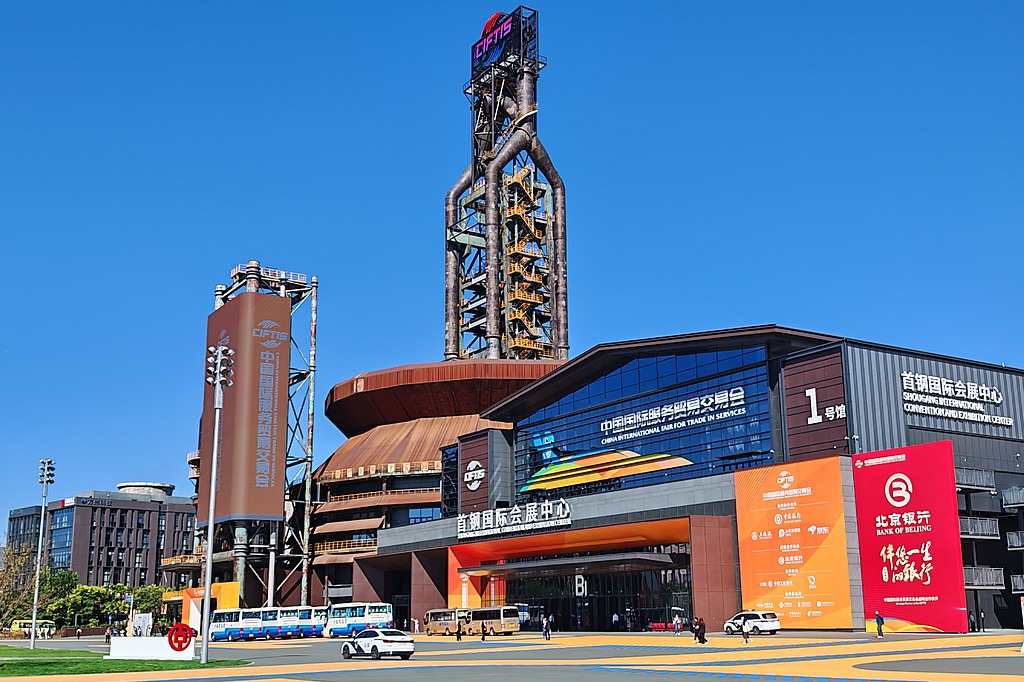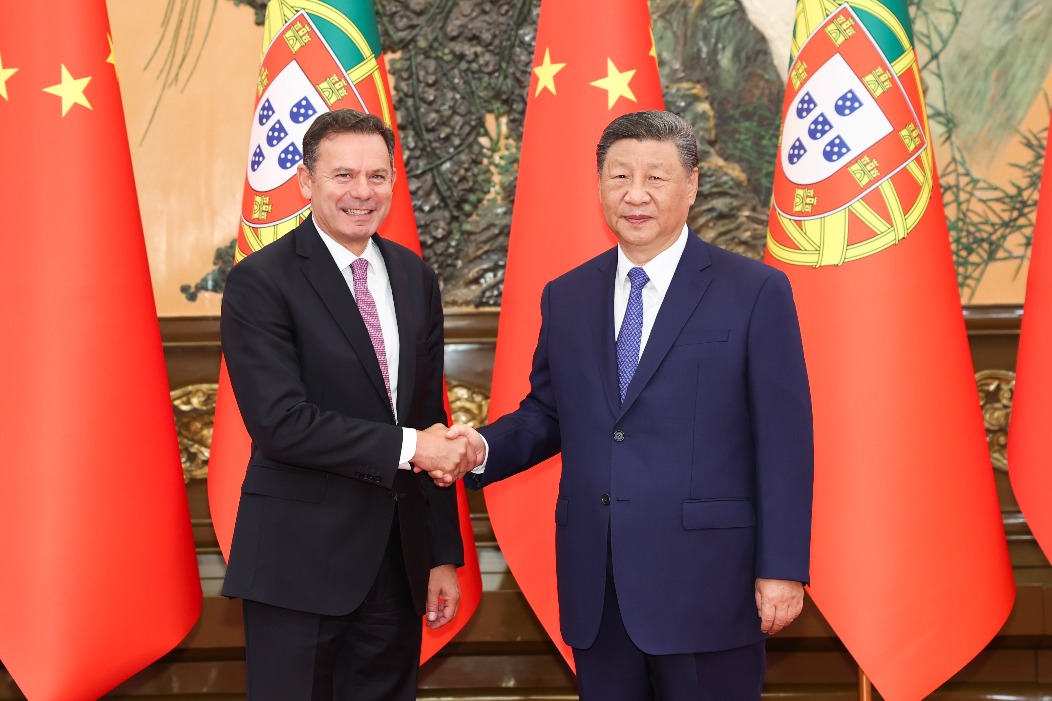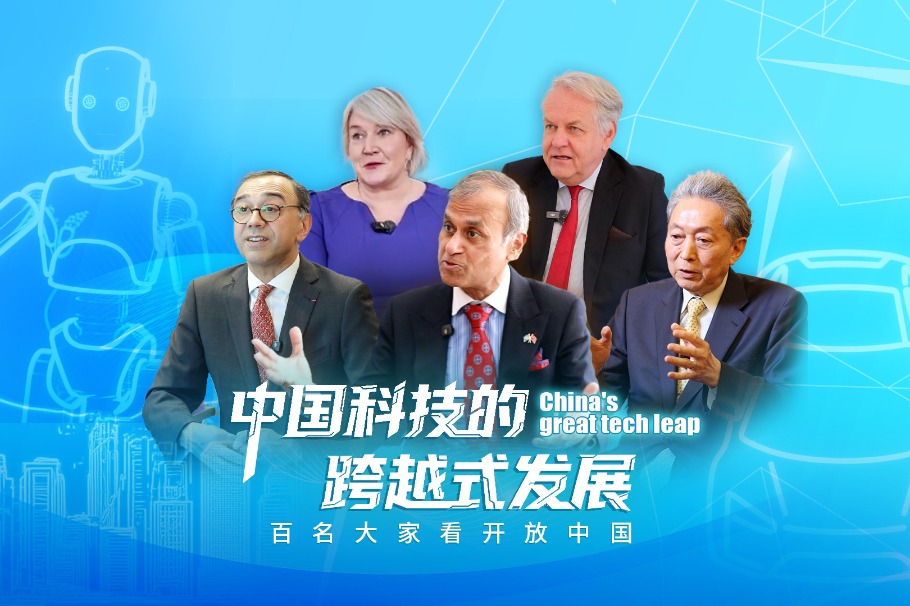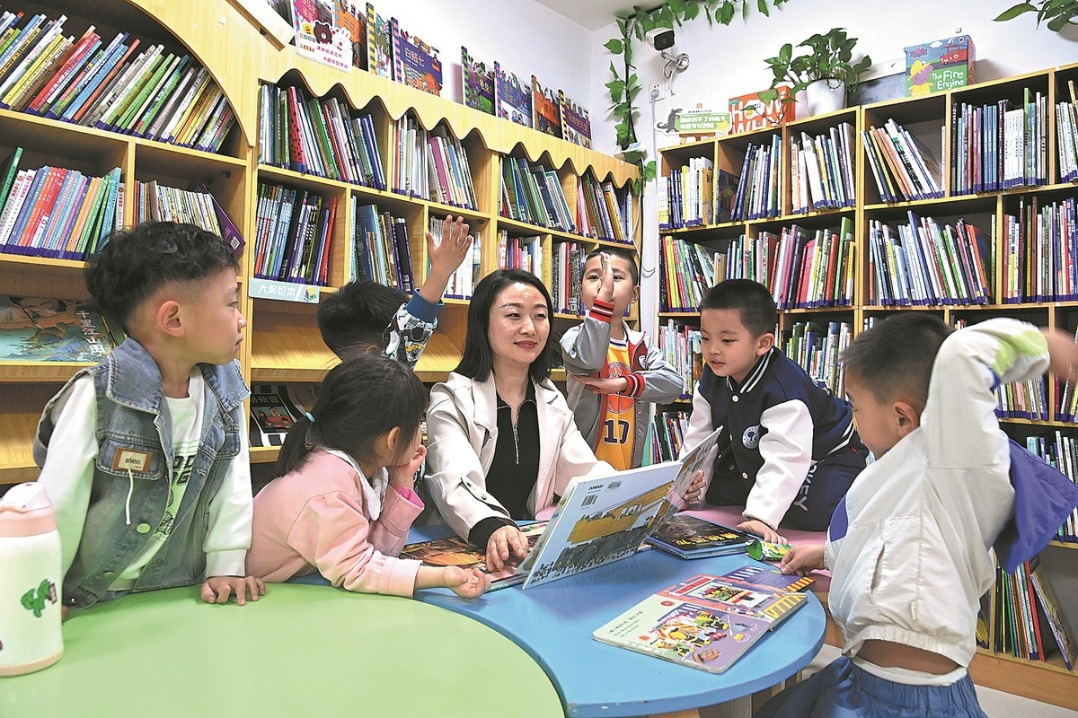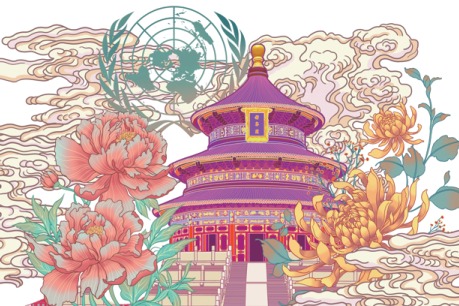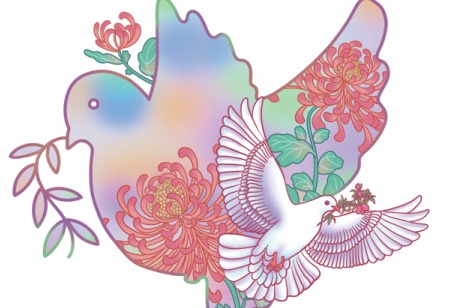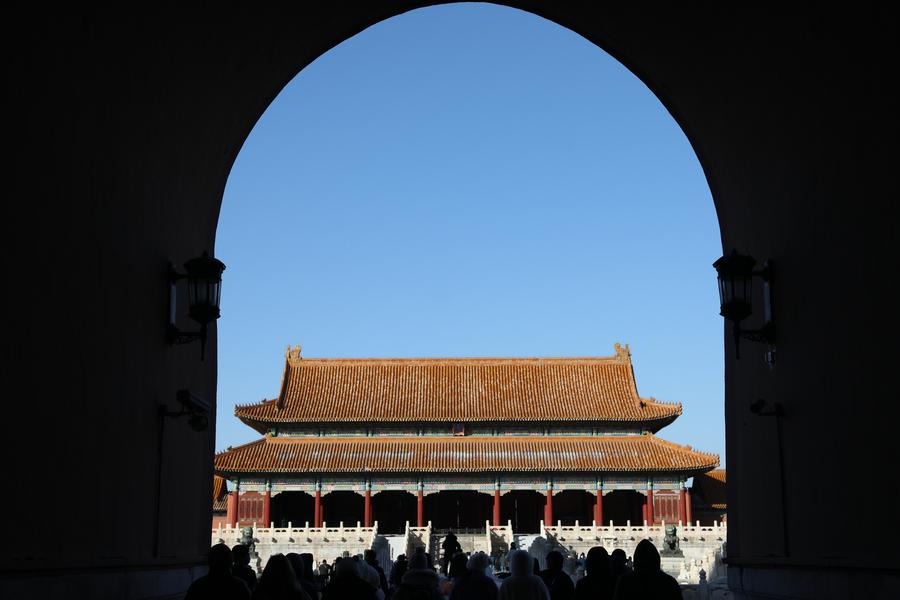Initiative taken on its merits
African countries do not share the United States' jaundiced view of the Belt and Road cooperation

African countries do not share the United States' jaundiced view of the Belt and Road cooperation
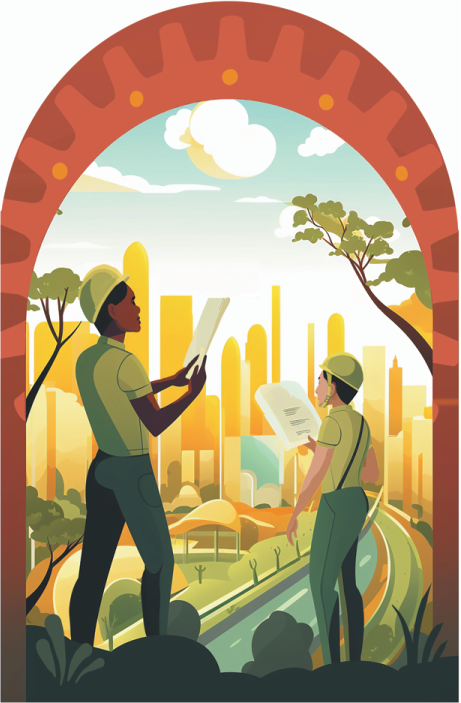
China's Belt and Road Initiative may be the most ambitious development and growth initiative ever. Since it was launched in 2013, the initiative has grown into a multifaceted global initiative. As well as creating infrastructure, it has sought with great success to support priorities such as policy coordination, connectivity, unimpeded trade, financial integration, and connecting people in many countries.
The recent misguided and malicious reports in the Western media having been placed on the "road to ruin" by the BRI are ignorant and way off the mark. Over the past decade, China has, in fact, signed documents for the co-building of the initiative with over 152 countries and 32 international organizations, a huge vote of confidence in its benefits.
An overwhelming number of, in particular, developing countries, among the countries in Africa, do not share the perspective of certain Western countries that "doing business" with China and cooperating on the BRI, are to their detriment. It is realized by a vast number of countries that the West, in particular the United States, has fabricated the so-called new colonial and debt trap fallacies to smear China and to undermine China's international relations. These counterproductive US attacks, which focus heavily on economic cooperation, are aimed at deliberately misleading and manipulating public opinion on China's true intentions in Africa and globally. The so-called Chinese debt trap is a lie fabricated by the US and hyped up by it and some other Western countries to deflect responsibility and blame. The participation of so many countries in the BRI reflects the strong support of the international community for the initiative and is an effective reply to the malicious allegations by the US.
In recent years, developing countries have mainly borrowed from Western commercial creditors and multilateral organizations. A July 2022 study by the reputable British charity, Debt Justice, stated that African countries owed three times more debt to Western institutions than to China. The recent unprecedented interest rate hikes by the US have further led to massive capital outflows from many developing countries, worsening the debt problems of those countries.
In 2022, China made steady progress in advancing high-quality Belt and Road cooperation and with China's trade with these partners growing by 19.4 percent, despite the global economic downturn. The BRI is very much alive and well. According to the Chinese Foreign Ministry, the third Belt and Road Forum for International Cooperation will be held in Beijing on Oct 17-18, with this year marking the 10th anniversary of the BRI.
As of today, representatives from more than 130 countries have confirmed that they will attend the proposed forum. The 2023 forum will, however, take place amid the complex and worrying developments in the geopolitical and geoeconomic environments, including domestic and international economic headwinds, lingering tensions in US-China ties and the conflict between Russia and Ukraine.
Despite these challenges in an increasing complex and fractured world, it is anticipated that the third Belt and Road Forum will focus on the ongoing success story of the BRI whose existence and continuation is in the interest of the entire global community. The forum will take stock of the initiative's many achievements thus far to further enhance the initiative so that it continues to benefit the world, helping it become more prosperous, peaceful and stable.
The BRI continues to present the African Union and the African inter-state system with numerous opportunities and it has given a strong boost to the economic and social development of African countries with no political strings attached.
The joint establishment of the China-AU Coordination Mechanism for Implementing the BRI was an important step to inject further momentum into their cooperation under the framework of the initiative. The joint coordination mechanism has, since its inception in 2020, effectively promoted the joint building of the BRI and augers well for the future expansion of strategic cooperation between Africa and China.
The African Continental Free Trade Area created by the AU, among 54 of its 55 member states, must be seen as a pillar of the broader development integration agenda on the continent. The constructive involvement of China, as Africa's largest trading partner for 14 consecutive years by the end of 2022, in cooperating with Africa, through the BRI, is therefore of vital importance to accelerating the development of the AfCFTA.
The continued achievement of the objectives of the BRI in Africa, and among other partners, will require equally ambitious and important reforms from all participating countries. China has long been following the principle of openness and expanding new areas of and creating new dynamism for practical cooperation with Africa in light of Africa's needs. As a result, Africa and China will increasingly give greater attention to the following sectors: good governance, debt sustainability, transparent government procurement, and general adherence to the highest social and environmental standards.
Africa will be very well represented at the upcoming Belt and Road Forum and looks forward to enhanced Belt and Road cooperation with China in the future in the key priority development areas of infrastructure development, industrialization, energy, housing and intra-African trade, which are all reflected in the African Union Agenda 2063, a blueprint for transforming Africa into a global powerhouse of the future, as well as in regional and national development strategies.

The author is a senior research fellow at the Institute of African Studies at Zhejiang Normal University and a former senior diplomat in the South African Department of International Relations and Cooperation. The author contributed this article to China Watch, a think tank powered by China Daily.
Contact the editor at editor@chinawatch.cn.
















